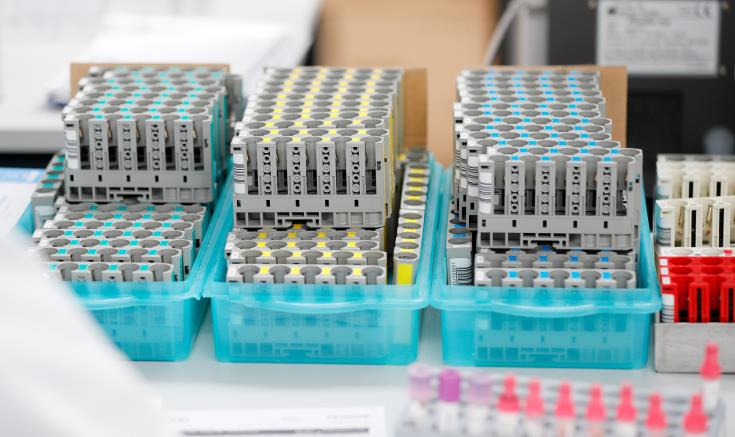Cyprus should see a significant reduction in COVID-19 cases in the third week of lockdown, allowing authorities to relax measures as early as February.
Scientists are expecting to see cases drop to 100-a-day by the end of the month, said Dr Peter Karayiannis, Professor of Virology at the University of Nicosia Medical School.
He told the Cyprus News Agency that epidemiological data may temporarily take a turn for the worse in the coming days as a result of people coming together over Christmas, but cases should drop to safer levels.
“Depending on whether cases will drop, relaxation of the measures may be possible in February,” said Karayiannis.
Over the past three days, cases have declined to 337 and 339 on Saturday and Sunday respectively, from a record high of 907 recorded on 29 December.
“On Friday we had the first downward trend in the positivity rate. This can be seen from the number of positive results compared to the number of tests carried out every day.
“I hope in the next weeks there will be a further reduction.”
He said the increase in hospital admissions was expected due to “a massive spike in the number of cases over the Christmas period”.
That is why the number of hospital admissions is still high at the moment. It will take some time before we see a considerable drop,” said Karayiannis.
On Sunday, 208 COVID-19 patients were in hospitals, of which 55 being treated in Intensive or Acute Care Units.
Karayiannis said that more deaths are also to be expected, as most hospitalisations concern elderly people, mostly with underlying health conditions.
“The only way to really protect the elderly is the vaccine.”
“Only by vaccinating the elderly will we see a drop in the number of deaths.”
According to the Health Ministry, 80% of people in nursing homes have already been vaccinated.
“Provided vaccinations continue uninterrupted, by mid-March we should reach a herd immunity of around 20 or 25%, which will break the transmission chain and therefore reduce the spread of the virus.”
“The ideal would be to reach 60% herd immunity, something which will not happen before summer. But with temperatures rising in mid-March combined with the vaccination program, measures can be relaxed in spring”.
New strains
Asked if new variants of the virus will push cases in Cyprus upwards, he said that epidemiologists still do not know yet how widespread it is on the island.
In the UK, a potent new variant has increased infection rates by 50%, pushing hospitalisations and deaths upwards.
“I really hope we can avoid it,” said Karayiannis, who noted that vaccines seem to be capable of covering the new variants found in the UK, South Africa, and Nigeria.
He said a study carried out in Britain by the AstraZeneca vaccine team on all mutations that have been identified so far has produced encouraging news.
“These strains have been used in the laboratory with antibodies from vaccinated people and it seems that they are being recognized and neutralized which is very positive”.










